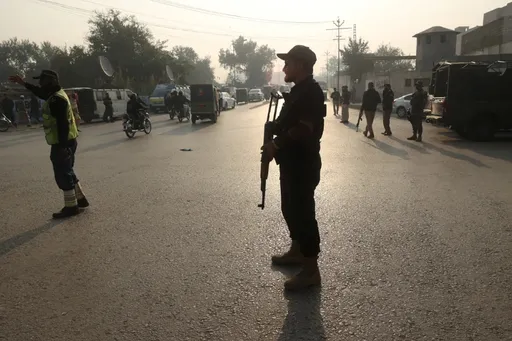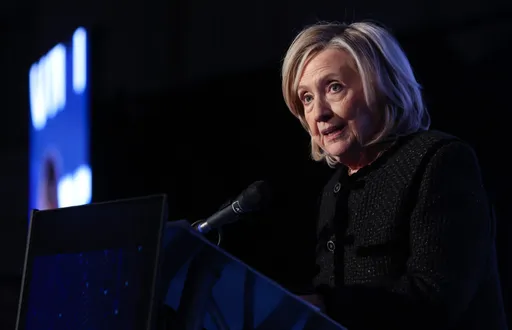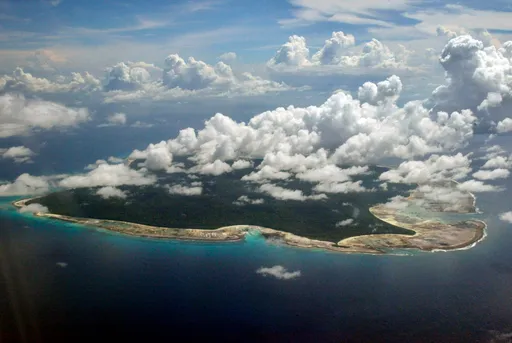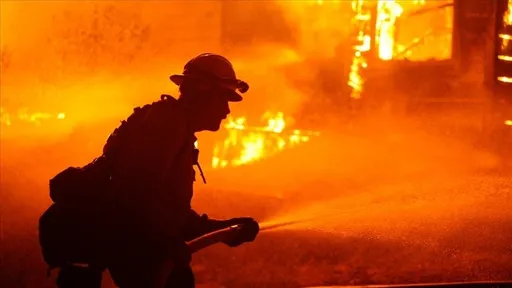Recently a Hollywood movie called ‘Beirut’ was banned in Lebanon for being wildly inaccurate and going overboard on cliches. All Lebanese agreed that the film was garbage. But what if Hollywood actually made a film about Lebanon now, and simply packed it with real cliches, rather than manufactured ones?
A garbage crisis, which, not content on dumping two million tonnes of toxic waste into the Mediterranean has now developed to new levels of horror with entire rivers featuring on Youtube, packed with flowing trash; and a corrupt elite using the fiasco to justify buying billion dollar incinerators which should resolve the crisis (but might give half the country cancer at the same time with its toxic ash deposits?).
Lebanon’s economy has the third highest public debt to GDP ratio in the world, alarming economists and bankers that a meltdown is on the cards; political stalemate by greedy politicians who refuse to come to an agreement on a new cabinet as, most of them will not be able to cash in on an $11 billion grant from Paris donors, so why create a stable environment which would sign off the money?
The truth is that such a movie would not get made as Hollywood producers would argue that no one would believe the Spinal Tap story line even if Javier Bardem played the house speaker.
All this, while Israeli F-16s buzz the rooftops of Beirut on their way to bomb Syria and Trump’s chief ally in the region, Israel, pushes the US president to consider pulling the plug on Lebanon’s US military aid?
Who would buy this story?
Lebanon’s economy is heading for choppy waters. Despite having a bullet proof central bank with $44 billion in assets to hold its local currency stable, or for that matter, encouraging signs that tourism numbers are on the rise – there is a general feeling that something has to give.
The state has an annual debt for its own running costs which its own economy cannot possibly sustain. It borrows from the banks, which in turn takes turns to lend each year back to the state, to pay off the previous year’s debt. But the state is sinking and the debts are rising.
Foreign investment? What’s that?
It’s as though the ruling elite doesn’t want progress and reform, even economically. In recent months there’s been a barrage of editorials and articles about ‘what Lebanon needs’ but none point the finger at these old men who have been in the parliament for decades and have no intention whatsoever of saving Lebanon.
Lebanon is literally drowning under the weight of its corruption.
We’re at the point now where the definition of a failed state is about to be recalibrated and the economy is about to take a huge beating. Much is written about currency devaluation but in reality the banks would never allow this, as it would be suicide for their business.
Somewhere in the system, there is going to be a loser and a winner, but for sure nailing corruption and cleaning up governance were never going to be serious contenders.
Foreign investment might have been a saviour, but for FDI to flourish, investors need to see beacons of stability rather than the daily horror show of Youtube clips of lethal car accidents caused by no policing whatsoever on the roads, environmental calamity on a whole new scale, and law and order breaking down.
And then there’s Beirut international airport, an airport which international watchdogs say needs 90 air traffic controllers, but due to a row over Christian job quotas, is stuck with just nine. Literally.
Next, we have the state owned electricity operator which many think is at the heart of the problem. This organisation doesn’t just have ghost workers, it has thousands of customers who don’t pay their bills on a network which is crumbling and loses $2 billion dollars a year.
The corrupt elite love Edl as they use it to justify back handers and bungs on emergency measures, not to mention the hundreds of generator operators who support their local politician, as he helps them feather their caps.
EdL, which was recently in the local press for accommodating an entire chicken farm at its headquarters, could pay its own bills, if the absurdly cheap electricity which the Lebanese enjoy was doubled.
No politician wants to do that though, which would cause a political tremor.
When you have almost no real fiscal policy other than clubbing people over the head for importing a 10 dollar pair of Chinese sunglasses via Amazon, then it’s hard to talk about tax and what it can do, let alone ‘reform’.
Yet fiscal reform now is vital for Lebanon if it is to stop the economy from tail-spinning into the ground and becoming an IMF basket case.
It’s one of the main reasons why journalists compare Lebanon to Greece, i.e that the latter didn’t collect any real taxes, which lead to its tragic demise.
A revolution...and C.H.I.P.S.
What is required is a velvet revolution which is what we might be heading towards, before the corrupt elite cut some slack and look at some of these problems.
Yet remarkably there are other means to save Lebanon’s economic crisis, which is simply to install law and order – a cash-rich rationale which EU countries learnt put billions in the coffers of the central bank.
Lebanon’s roads are literally teeming with thousands of illegal cars, eclipsed only by scores of thousands of traffic offences carried out each day, unchallenged.
The roads themselves could easily provide the missing $5 billion dollars the country needs to plug the gap between a functioning state and a failed one.
The fact that the powerful leaders don’t crack down on road traffic offences and reap the considerable revenue which is there for the taking, makes me suspicious of their motives. Do these individuals have a vested interest in country’s economy collapsing? For some of them, this is surely the case.
But for others, it’s simply a matter of incompetence.























